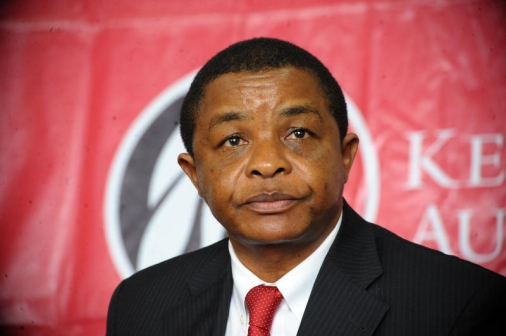
Kenya Revenue Authority is mulling a regional customs management platform to curb tax evasion within East African countries. Commissioner General John Njiraini said work had started on a common system to manage taxation of imports would eliminate the loopholes exploited by tax cheats.
Among the inherent weakness commonly abused in the diversion of transit cargo including top-end vehicles destined to the other countries, often with no taxes paid in either Kenya or the intended destination. “The initiative once implemented should have substantial impact in reducing loopholes exploited by unscrupulous traders with intent on evading the payment of their fair share of taxes,” Mr Njiraini said Thursday.